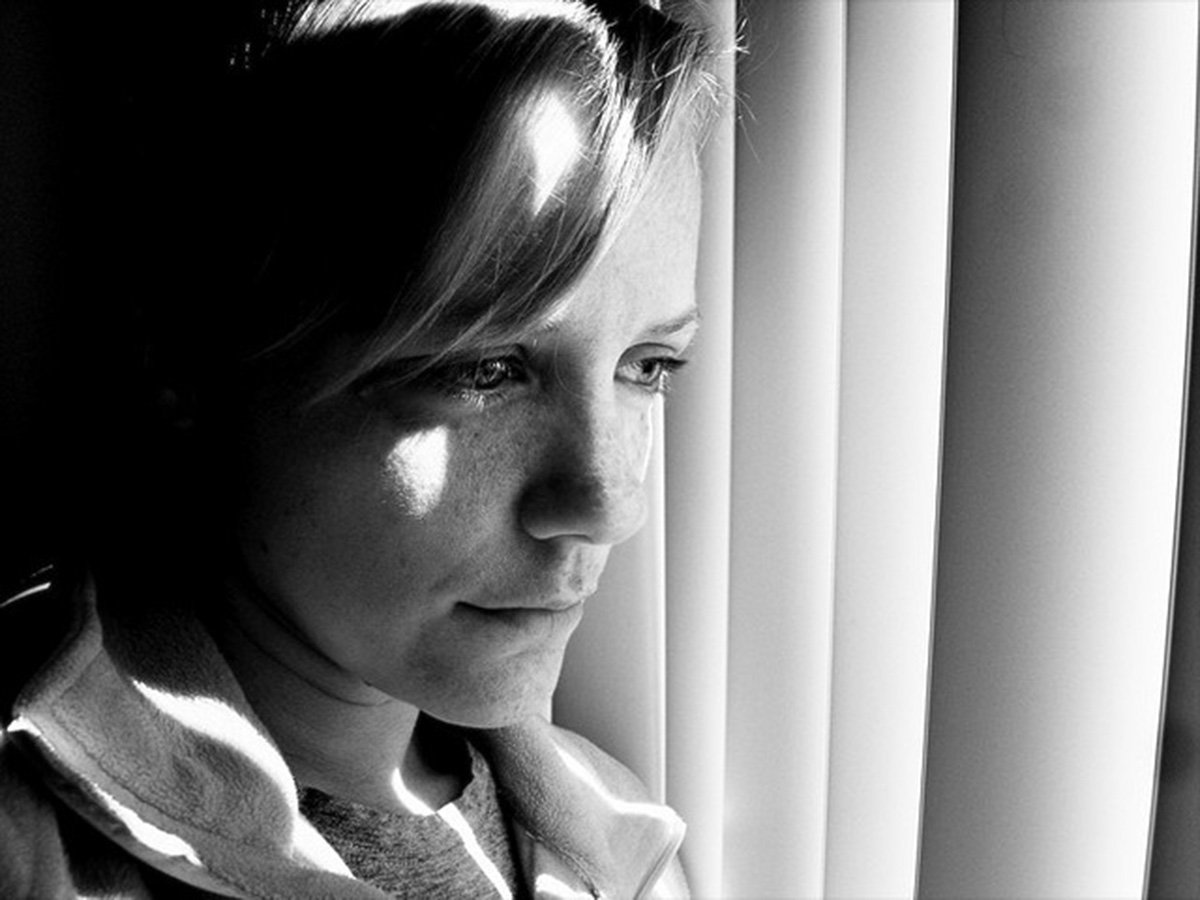Polycystic Ovarian Syndrome or PCOS in short, is a painful disorder that affects millions of women around the world. It’s not really surprising that it has been linked to emotional and mental health issues, but until now, researchers weren’t really sure why that was. To understand the correlation, researchers had to delve deeper into the hormones responsible for causing PCOS.
What Is PCOS?
PCOS is a syndrome caused by an imbalance of hormones, and it results in multiple cysts to form on the ovaries. Generally people used to think that PCOS was a disorder of the reproductive system, but although it does affect the reproductive organs and issues with fertility, it also has many other symptoms associated with the disease that affect other parts of the body.

Incidence of Mental Illness in PCOS
Depressive Illness
A study undertaken into PCOS found that there was a higher risk of developing depression in comparison to women who do not have PCOS. The study looked closely at the metabolic traits of these women to try and determine why the risk of depression and mental illness is higher.
A similar study conducted by Monash University in Australia also showed that anxiety and depression were higher in women with PCOS. There are a variety of forms of depressive illness, and although there is a link between PCOS and depression, the severity of the depression varies. Some women suffer from dysthymia, which is not as severe as other forms of depression, but is a more chronic form.
Recent Research
An investigative research study was conducted by Dr. Elisabet Stener-Victorin, who is based at the Karolinska Institute in Sweden. While it was known that there was a familial link between mothers and daughters with PCOS, the study showed rather than PCOS being a genetic disorder, it was instead due to an imbalance of hormones before birth that have an effect on the developing baby’s brain.
READ PCOS Diet Menu for Weight Loss and Pregnancy
Clinical research was done using laboratory mice to fully evaluate how the hormone imbalance affects the fetus, and what hormones are at fault. What they have found, is that when there are high levels of testosterone in the placenta, the mice were likely to show signs of anxiety when they become adults. Both male and female mice were affected, with females developing PCOS and the males more likely to develop obesity and diabetes.
Your Brain And PCOS
Testosterone and the Brain
The area of the brain that is in charge of emotional regulation and behavior is called the amygdala, and high levels of testosterone have a significant effect on this part of the brain. Research showed that the testosterone interfered with the androgen receptor gene in the amygdala. These high levels of testosterone also affected the genes which regulate serotonin, which is an important factor in controlling feelings of anxiety and depression. The receptors for estrogen also showed alteration. When researchers administered a combination of drugs to the baby mice, they discovered that this prevented the mice from developing anxiety when they became adults.

So What Happens Next?
The next stage will be to conduct further trials with the mice, and then look at clinical trials using women with PCOS. This is aimed at evaluating the effect of high testosterone in utero, and what stages of the pregnancy are more likely to produce PCOS. So far the studies have indicated that the issue appears in the later stage of pregnancy, so researchers will need to look at how this can be overcome.
Are You Suffering From Anxiety or Depression?
Often women in particular are not aware that they have disorders such as depression and anxiety, and we all too often put our feelings and thoughts down to ‘mood swings’. With busy lives, and a physical health problem on top, it is not surprising that we can become anxious or feel a little down. But sometimes, these thoughts and feelings are much worse, and they just don’t go away.
Signs of Anxiety:
- Feelings of fear and panic
- Sleeping problems
- Cold feet and hands
- Sweaty feet and hands
- Shortness of breath
- Palpitations of the heart
- Unable to relax
- Dryness of the mouth
- Tension in the muscles
- Dizziness and nausea
- Shaking and trembling
These are the more common signs and symptoms of anxiety, but they can differ from person to person.
READ Big Breakfast, Small Dinner: The Solution To PCOS Infertility?
Signs of Depression:
- No motivation for the things you used to enjoy
- Hopelessness and helplessness
- Loss of interest
- Changes in weight and appetite
- Sleeping problems
- Agitation, anger, irritability
- Unable to relax
- No energy
- Fatigue
- Feelings of worthlessness
- Behavior that is reckless
- Inability to make decisions
- Ruminating
- Aches and pains that can’t be explained
- Inability to concentrate and focus
Again, these are general symptoms of depressive illness, and you would normally need to be experiencing more than one of these symptoms. Anyone can suffer sleeping difficulties, or lack of energy, but it is when a group of these symptoms coincide together that there is a possibility of a depressive illness.
What To Do If You Suspect You Have a Mental Health Problem
If you feel that you have a mental health problem as well as your PCOS, then you must talk to your doctor as soon as possible. As mentioned earlier, often these mental health symptoms get lost in the physical symptoms of PCOS, so it is important to discuss everything you are experiencing and feeling.
Issues such as anxiety and depression are often relatively easy to manage and treat, provided you get the necessary diagnosis and help. Now that the medical world is aware there is a correlation between PCOS and mental health disorders, your doctor will be able to get you the help and assistance you need.
- Photo courtesy of ahmadhammoudphotography: www.flickr.com/photos/ahmadhammoudphotography/8424495035/
- Photo courtesy of arazas: www.flickr.com/photos/arazas/466817135/


Your thoughts on this